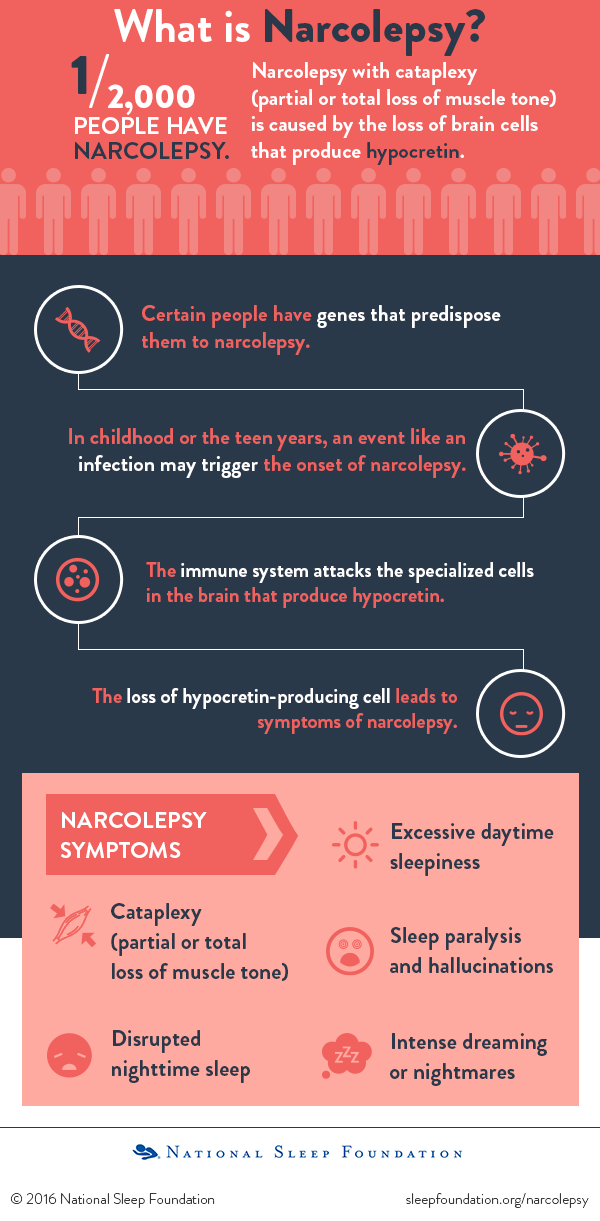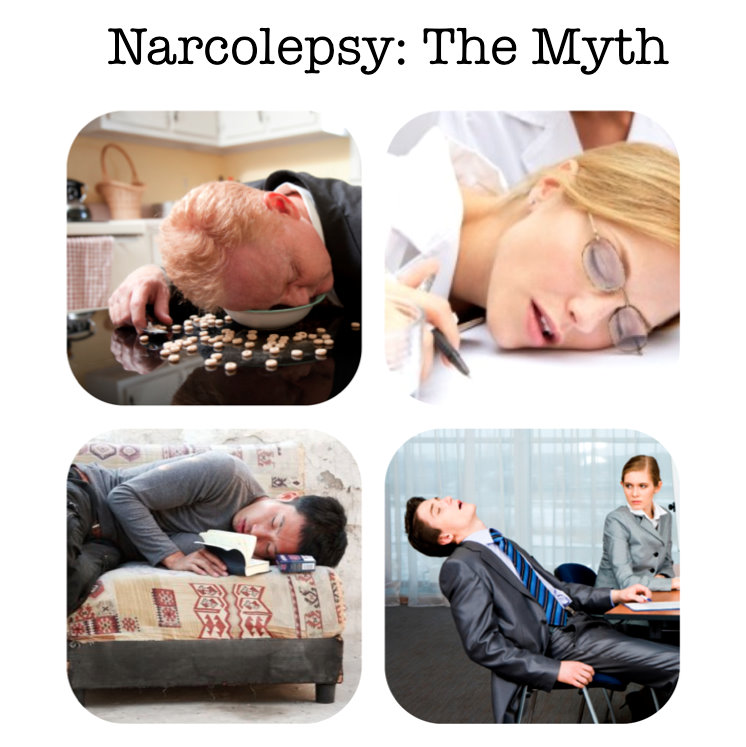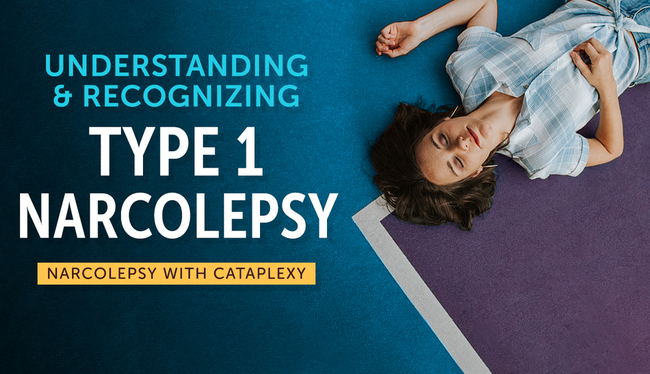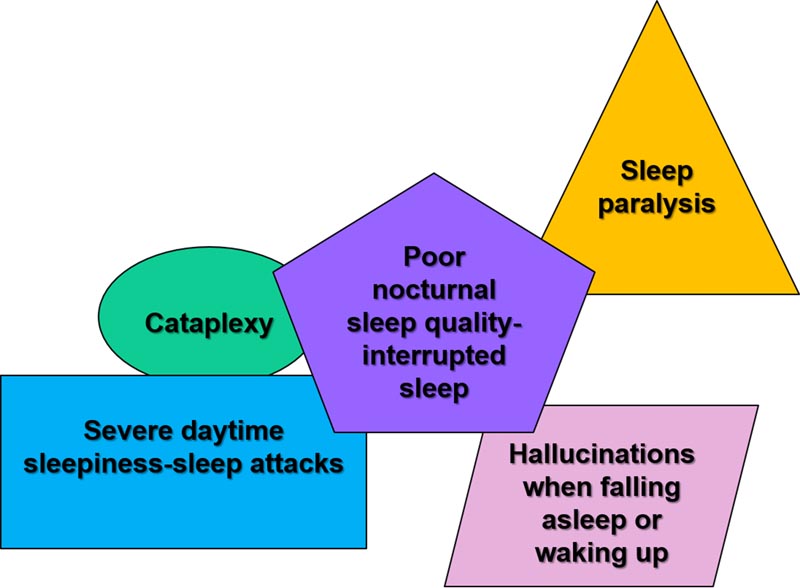What Does Narcolepsy With Cataplexy Mean
If you're looking for video and picture information linked to the key word you've come to pay a visit to the ideal blog. Our website gives you suggestions for viewing the maximum quality video and image content, hunt and locate more enlightening video content and graphics that match your interests.
includes one of thousands of video collections from several sources, particularly Youtube, so we recommend this video that you see. This site is for them to stop by this site.

Sometimes narcolepsy can be accompanied by a sudden loss of muscle tone cataplexy which can be triggered by strong emotion.
What does narcolepsy with cataplexy mean. Individuals suffering from this condition certainly should not be driving vehicles. Miller-Keane Encyclopedia and Dictionary of Medicine Nursing and Allied Health Seventh Edition. This is a condition in which you have sudden loss of control over some of your muscles. Your doctor may make a preliminary diagnosis of narcolepsy based on your excessive daytime sleepiness and sudden loss of muscle tone cataplexy.
There are two major types of narcolepsy. Narcolepsy with Cataplexy Narcolepsy is a chronic neurological disorder caused by the brains inability to regulate a stable sleep-wake cycle. Its characterized by irresistible severe daytime sleepiness along with sudden loss of muscle tone or cataplexy. The condition can be linked to.
Narcolepsy is usually diagnosed by monitoring you while you sleep in a special sleep laboratory. Some people with narcolepsy experience episodes of sleep paralysis. 2003 by Saunders an imprint of Elsevier Inc. This is a temporary inability to move or speak that occurs when waking up or falling asleep.
Experiencing episodes of random extreme sleepiness or muscle weakness leading to total body collapse can be quite scary and frankly unsafe. You can also have unexpected episodes of falling asleep even in the. Cataplexy is a sudden and transient episode of muscle weakness accompanied by full conscious awareness typically triggered by emotions such as laughing crying or terror. Some people with narcolepsy have cataplexy attacks once or twice a year while others have them several times a day.
Narcolepsy is a long-term neurological disorder that involves a decreased ability to regulate sleep-wake cyclesSymptoms often include periods of excessive daytime sleepiness and brief involuntary sleep episodes. There is no cure for narcolepsy. Cataplexy affects approximately 70 of people who have narcolepsy and is caused by an autoimmune destruction of hypothalamic neurons that produce the neuropeptide hypocretin also called orexin which regulates arousal and has a role in stabilization of the transition between wake and sleep states. Narcolepsy that occurs without cataplexy is known as type 2 narcolepsy.
Narcolepsy occurs equally in men and women and is thought to affect roughly 1 in 2000 people. People who suffer from narcolepsy have mixed signals sent from their brain about when to sleep which is why narcoleptics fall asleep at inopportune times. Cataplexy is associated with narcolepsy. Narcolepsy is a sleep disorder characterized by excessive sleepiness sleep paralysis hallucinations and in some cases episodes of cataplexy partial or total loss of muscle control often triggered by a strong emotion such as laughter.
Many people with narcolepsy also have cataplexy. After an initial diagnosis your doctor may refer you to a sleep specialist for further evaluation. Narcolepsy is a chronic condition for which theres no cure. In an attempt to avoid attacks some people may become emotionally withdrawn and socially isolated.
As you can imagine suffering from narcolepsy with cataplexy can be quite disabling. About 70 of those affected also experience episodes of sudden loss of muscle strength known as cataplexyThese experiences can be brought on by strong emotions. Sleep-offset or sleep-onset paralysis. Marked by abrupt attacks of muscular weakness and hypotonia triggered by an emotional stimulus such as mirth anger or fear.
Narcolepsy with cataplexy is a sleep disorder that affects 002 of the adults worldwide. Type 1 and type 2 2 differentiated by whether or not a person experiences cataplexy. Narcolepsy is a neurological condition that causes extreme sleepiness during the day.


















